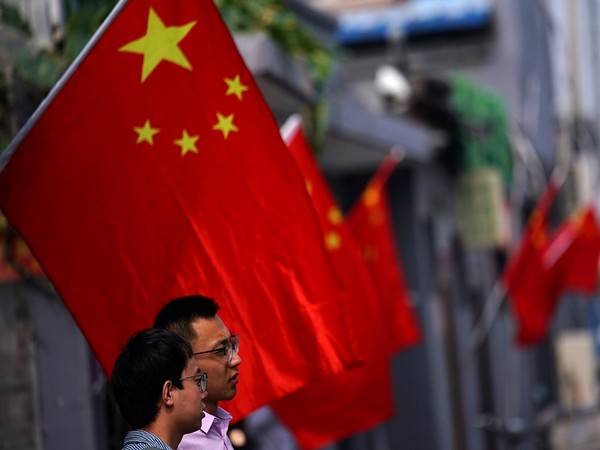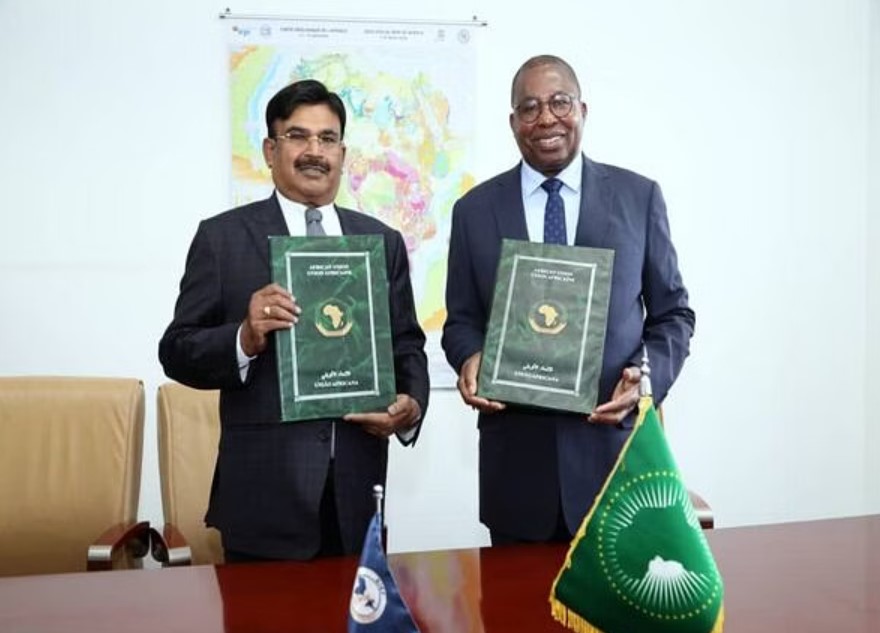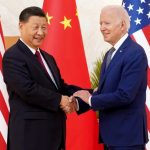China, which has a keen interest in the natural resources of African countries, takes this as an opportunity to make African countries to be dependent on China, and to gain control of their natural resources…reports Asian Lite News
Zambia is facing an unsustainable debt burden, and debt servicing is leaving little room for capital formation, especially funds needed for infrastructure development, reported Africa Daily Digital.
While the country is struggling to take up World Bank-suggested reforms such as restoring fiscal and long-term debt sustainability, increasing farmers’ productivity and access to agricultural markets, ensuring access to energy and finance, and private sector development, it is facing a scarcity of resources, which makes the country dependent on and vulnerable to external debt. Following this, the Zambian government has started actively seeking additional infrastructure development through Public-Private Partnership (PPP) projects. Zambia, like other indebted and capital-strapped African countries, urgently require funds to develop infrastructure to connect its mineral-rich areas to major cities and ports, as reported by Africa Daily Digital.
Zambia is under a heavy debt burden, and the post-Covid economic recovery is slow. In such a situation, it is difficult to upgrade the dilapidated road connecting its mining sites to export destinations in the lack of funds to build infrastructure, Africa Daily Digital reported.
China, which has a keen interest in the natural resources of African countries, takes this as an opportunity to make African countries to be dependent on China, and to gain control of their natural resources.
Although China’s Belt and Road Initiative (BRI) is assisting many African countries in building infrastructure, the end result is a debt burden on these countries, which in turn forces them to sell their natural resources at lower prices in order to raise funds for debt repayment.
A consortium of Chinese companies recently won a bid to finance the upgrading of a 327-kilometre road connecting Zambia’s capital Lusaka to Ndola in the country’s Copperbelt province. The bid was won by the Consortium Macro Ocean Investment, which is made up of three Chinese companies: AVIC International Project Engineering, Zhenjiang Communications Construction Group, and China Railway Seventh Group. The consortium won the USD 650 million public-private partnership (PPP) contract to build the dual carriageway road. The Chinese companies signed a 25-year concession agreement last month, with three years for construction and 22 years for operation and maintenance rights.














